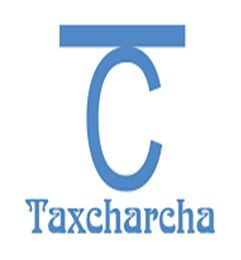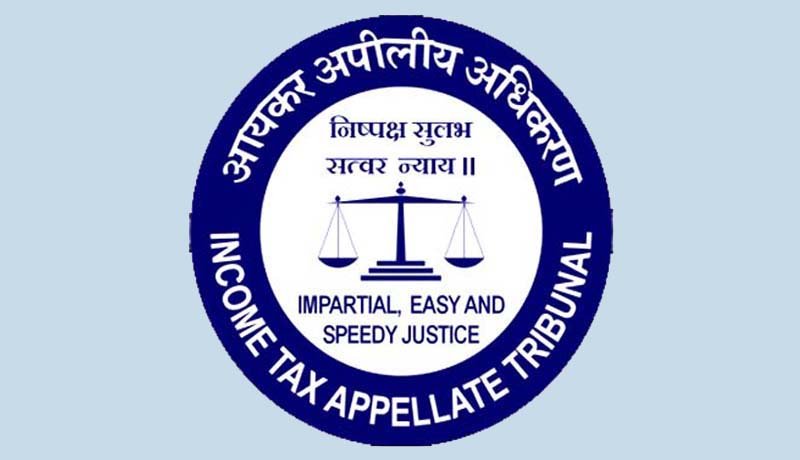Held : There is no bar that an assesse cannot file a revised return of income after issuance of notice u/s 143(2) of the Income Tax Act, 1961. A revised return of income can be filed even in course of the assessment proceedings provided the time limit prescribed u/s 139(5) is available.
Shri Mahesh H. Hinduja vs. Income Tax Officer
Facts of the Case –
- The assesse, an individual, filed his return of income for the AY 2011-12 on 28.07.2011, declaring total income of Rs. 4,91,750/- .
- Subsequently, the assesse filed a revised return of income u/s 139(5) of the Act on 20.10.2012 declaring total income of Rs. 6,24,050/- .
- In the said revised return, the assesse while offering long term capital gains claimed deduction u/s 54 of the income tax act towards investment in a new residential house.
- Thus, in fact, no capital gain was offered to tax.
Decision –
a) By Assessing Officer – The AO held that the said revised return of income was filed after the issuance of notice u/s 143(2) of the Income Tax Act and held that the said revised return is invalid and is not acceptable. Accordingly, completed the assessment rejecting assessee’s claim of deduction u/s 54 of the Act.
b) By CIT(A) – The Commissioner upheld the disallowance of deduction claimed u/s 54 of the Act by accepting the reasoning of the AO that the revised return of income filed u/s 139(5) of the Act is invalid.
c) By ITAT – After considering the rival contentions and all the facts on record, ITAT has the following view:
i) The original return of income filed by the assesse has neither declared the long term capital gain nor claimed deduction u/s 54 of the act.
ii) The revised return filed by the assesse discloses the long term capital gain and the investment made alongwith the actual rental income received making the total income of the assesse at Rs. 6,24,050/-.
iii) As could be seen from the Assessment order, the AO has accepted the increased revised income as well as the capital gain shown in the revised return but rejected the deduction u/s 54 claimed by the assesse stating that the revised return of the income is invalid.
iv) Thus, the AO has adopted a very selective approach in respect of the revised return of income filed by the assesee.
v) Further, a careful reading of the provisions contained under section 139(5) of the Act will make it clear that if an assessee discovers any omission or wrong statement in the original return of income he can file a revised return of income at any time before the expiry of one year from the end of the relevant assessment year or before completion of the assessment whichever is earlier.
vi) There is no dispute to the fact that both the conditions imposed under section 139(5) of the Act stood complied in case of revised return of income filed by the assessee.
vii) There is no bar / restriction in the provisions of section 139(5) of the Act that the assessee cannot file a revised return of income after issuance of notice under section 143(2) of the Act.
viii) It is trite law, the assessee can file a revised return of income even in course of the assessment proceedings, provided, the time limit prescribed under section 139(5) of the Act is available.
ix) That being the case, the revised return of income filed by the assessee under section 139(5) of the Act cannot be held as invalid.
x) In the result, assessee’s appeal is allowed for statistical purposes
For complete order, Click Here.

